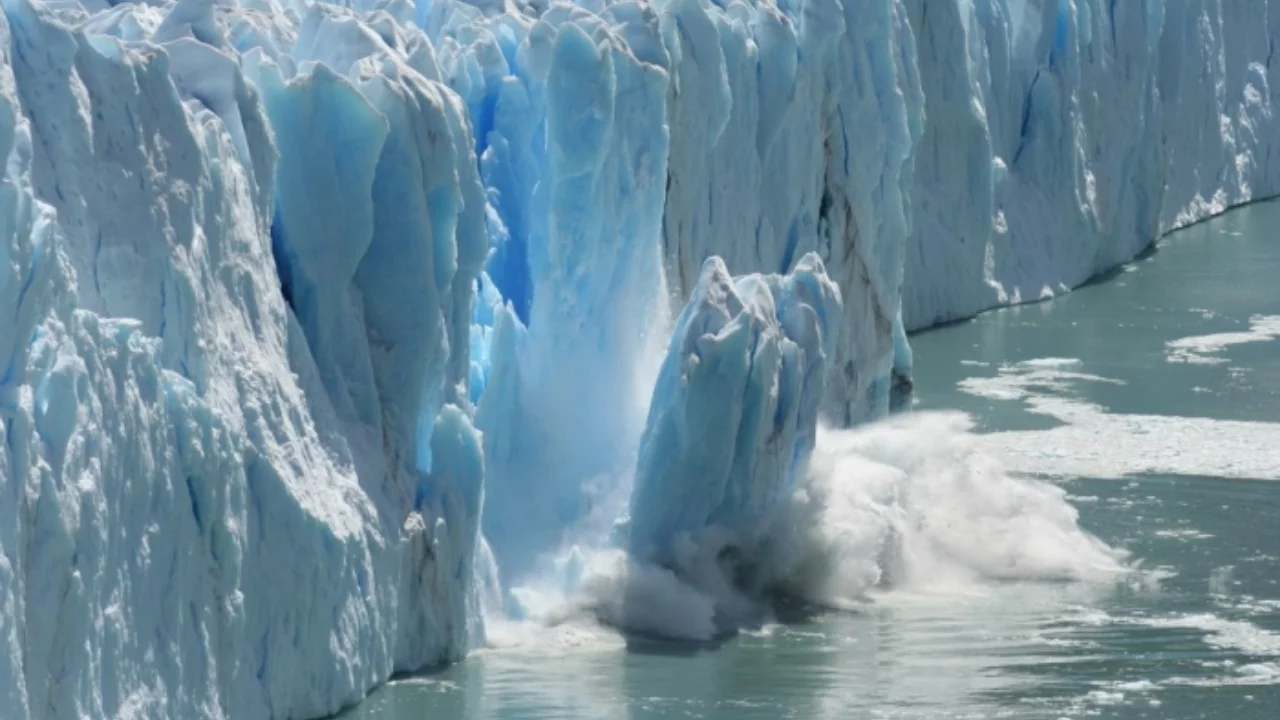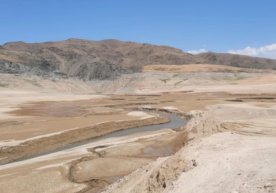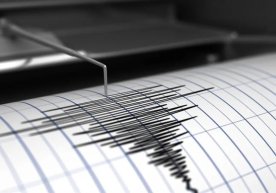
Scientists at the University of Colorado in the USA have succeeded in "awakening" ancient microorganisms that had been frozen for approximately 40,000 years from permafrost in Alaska. This was reported by Wionews.
When researchers heated frozen soil and ice samples, microbes that were considered "dead" showed signs of gradual revival.
"These samples are not dead at all," said Dr. Tristan Caro, the head of the study.
Samples were taken from a tunnel called the "glacial cemetery" near the city of Fairbanks, Alaska. When stored for several months at a temperature from +3 to +12 degrees, the microbes formed a bioplenka - a slimy layer that is difficult to remove.
Scientists believe these microorganisms are not dangerous to humans, but they can release methane and carbon dioxide, which exacerbate climate change.
Infectious disease specialist Brigitta Evengord suggested the possibility of dangerous viruses - anthrax and smallpox - also being present in glaciers. "Eternal glaciers are like Pandora's boxes," he told Greenpeace.
Scientists note that the melting of glaciers due to global warming increases the risk of "reactivation of ancient viruses."
Read “Zamin” on Telegram!Users of Меҳмон are not allowed to comment this publication.













